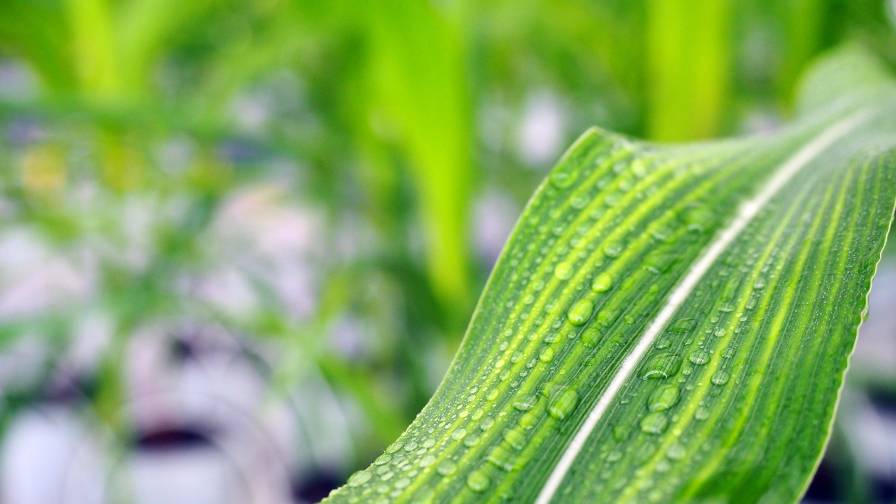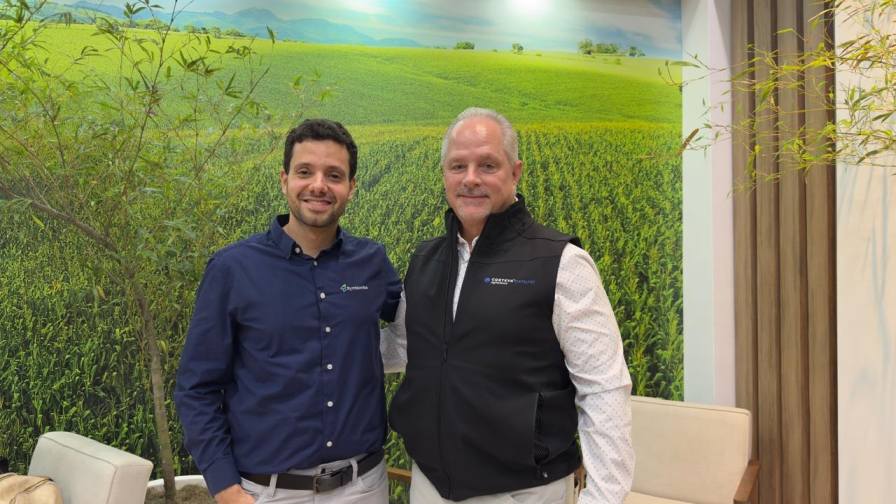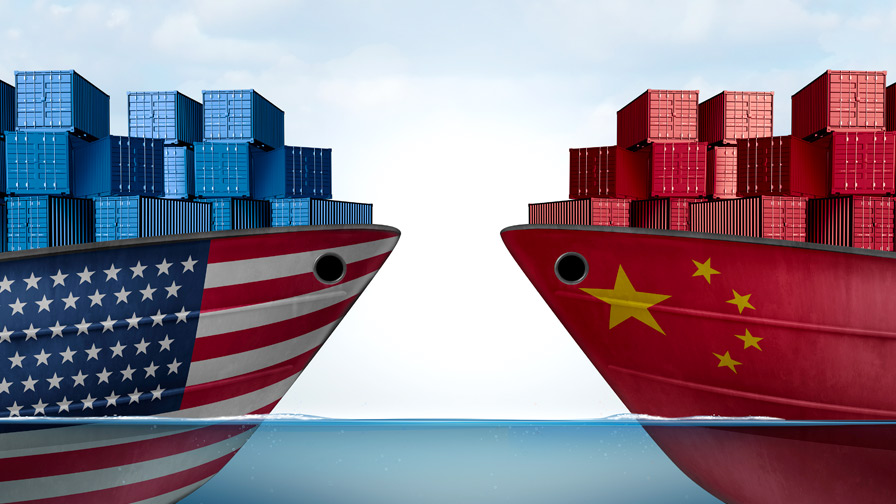Australian Dumping Allegations Could Hit Chinese Glyphosate Exports
Formulated glyphosate exports from China are the latest target of a wave of dumping allegations in Australia.
Nufarm and Accensi filed the complaint with customs on Feb. 6 – both companies have the lion’s share of the Australian market, accounting for more than 85% of the formulated glyphosate produced in the country. But local glyphosate production volumes fell 20% in 2010 and 2011, while exports from China flooded the market, they say.
“This has had a significant impact on the Australian glyphosate manufacturing industry,” a Nufarm spokesperson told Farm Chemicals International. “The company will be unable to sustain this investment if forced to substantially reduce its market position due to unfair competition,” the spokesperson added.
AgroDragon, the Shanghai-based parent company of Sanonda – which produces glyphosate in Australia and China – said it expects to be hit with higher costs if a duty is imposed.
“The Australian market is very competitive and margins are squeezed at all levels. Producing in Australia has different costs than in China mainly due to differences in costs of labor,” an AgroDragon spokesperson told FCI. “The company always sells product to cover costs, both direct and indirect and to make a margin. If a dumping levy is imposed on formulated glyphosate it will increase Sanonda’s costs to import product.”
Chinese exporters and importers in Australia have the opportunity to make submissions to the Australian Customs and Border Protection Service’s investigation until March 19.
A spokesperson for the Australian Customs and Border Protection Service said that the earliest it will reach a preliminary decision on the investigation is April 6, and a final decision will be made by July 10. Then, it can potentially impose a duty on imported glyphosate that would in turn raise the price of the herbicide.
However, pricing on glyphosate is expected to remain “very competitive,” according to Nufarm.
“Nufarm competes with a large number of both local and global suppliers and always has. Our submission, which is supported by other Australian based suppliers of glyphosate, provides evidence that formulated glyphosate has been imported into Australia at cost discrepancy that varies from 20% to 128% over the 2010 and 2011 period,” the spokesperson said. The company markets 13 glyphosate products in Australia under both the Nufarm and Crop Care brands.
The exact quantity of glyphosate allegedly being “dumped” – that is, sold at prices far below the market in a way that hurts local manufacturers – was unknown, according to Australian Customs and Border Protection Service. However, Australian glyphosate formulators say Chinese exports increased from 10.8 million Roundup equivalent liters (RELs) in the financial year beginning July 2009-10 to 53.2 million RELs in 2010-11.
Nufarm and Accensi’s complaint concerns imported glyphosate in all its fully formulated liquid forms including glyphosate 360, glyphosate 450 and glyphosate 570, as well as the fully formulated dry form, glyphosate 680.
This is Australia’s second investigation into alleged dumping of glyphosate from China. After a 2001 investigation that alleged dumping of all forms of glyphosate, including acid, salt and formulated, it found that the herbicide was not dumped and no measures were imposed. The current investigation involves only formulated glyphosate.
For other agrochemicals, Australia currently has anti-dumping measures for Chinese exports in place on 2,4-D and sodium bicarbonate, which is predominantly used in the country’s stockfeed production.
Australia’s anti-dumping and countervailing activity has declined to 10 new anti-dumping investigations a year in the last decade, from an average of 40 cases investigated each year during the 1990s. But in the eight months between July 2011 and February 2012, it launched 28 new investigations. “While this is a higher level of activity than in the previous 12 month period, we are unable to say whether this reflects an ongoing trend,” said a spokesperson for the Customs and Border Protection Service.
Dumping duties last for five years, and if importers believe that they have paid too much duty, they can apply for an assessment every six months.
Australian Customs Dumping Notice (ACDN) 2012/05 contains details of the investigation and contact details.






